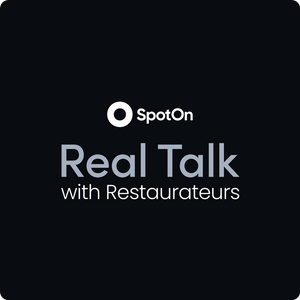Partying on With Garrett Ladd
The owner and manager of Ritual Social House and Blackbird Public House talks about back-of-house, restaurant associations, and strawberry daiquiris.

Take your restaurant to the next level with insights and inspiration from the hospitality industry's most seasoned and respected names.
The owner and manager of Ritual Social House and Blackbird Public House talks about back-of-house, restaurant associations, and strawberry daiquiris.
JB Balingit on the survivability of restaurant concepts, elevating the dining experience, and boozy brunch.
Dominic Vicari shares the history behind the Detroit-area restaurant group and how they’re prepared for expansion.
SpotOn’s Restaurant Advisory Council members have opened dozens of concepts. Now, they’re sharing tips to help fast-track your success.
Kamal Azzouz discusses running a family restaurant, investing in marketing, and what an 18-foot Christmas tree meant for his business.
Grow your business with SpotOn. Learn More [https://spoton.com/demo?utm_source=blog&utm_medium=referral&utm_campaign=content-banner&utm_content=banner-dark]...